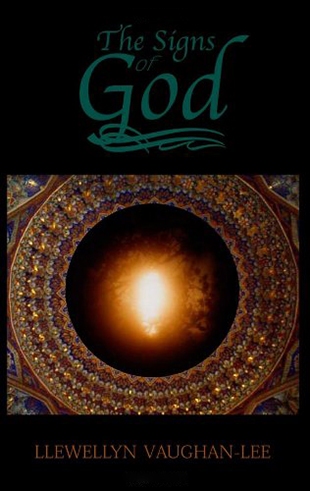Llewellyn Vaughan-Lee is convinced that it is not easy to belong to God: "He is a jealous lover and demands our complete attention. We give our whole life and our heart for the purpose of love. Pledged to love, we are emptied of everything that might interfere with the work of love. We are remade as a mirror for the love of God so that it can shine into His world. We are polished by our problems, by the difficulties of our life, and the pain of our love for the Beloved." The author, a Sufi teacher who specializes in dreamwork and Jungian psychology, observes that following the mystical path in our time can be very challenging given the rationalism and materialism of American culture.
Vaughan-Lee notes that forgetfulness of God is an addiction that consumes many people, leaving them to fend for themselves in difficult times. Those who serve the Beloved are called upon to do shadow work. The author makes the interesting point that this involves not only confronting our negative qualities but our positive ones as well, such as unlived generosity or creativity. He writes: "The same is true of the collective shadow. Our repressed anger and violence are well known, but have we discovered our denied devotion, our unlived love of God?" Can America embrace these buried treasures?
Vaughan-Lee revels in the complete freedom that is at the core of the mystical path. He quotes Ibn 'Arabi: "My heart has become capable of every form: / it is a pasture for gazelles, and a convent for Christian monks, / And a temple for idols, and the pilgrim's Ka'ba, / and the tables of the Tora and the book of the Qur'an. / I follow the religion of Love: whatever way / Love's camels take, this is my religion and faith." The soul in love with the Beloved experiences a kind of freedom that is beyond religious forms. We concur with those who believe that the signs of God are pointing us in this direction in the twenty-first century.
